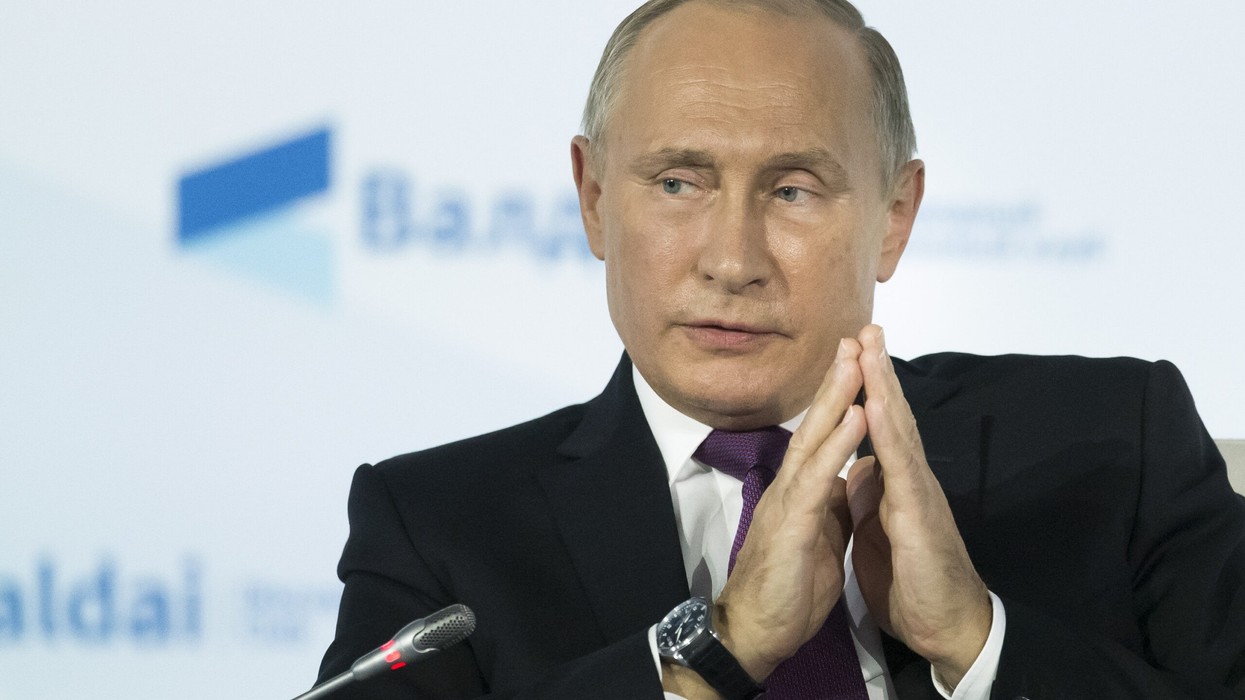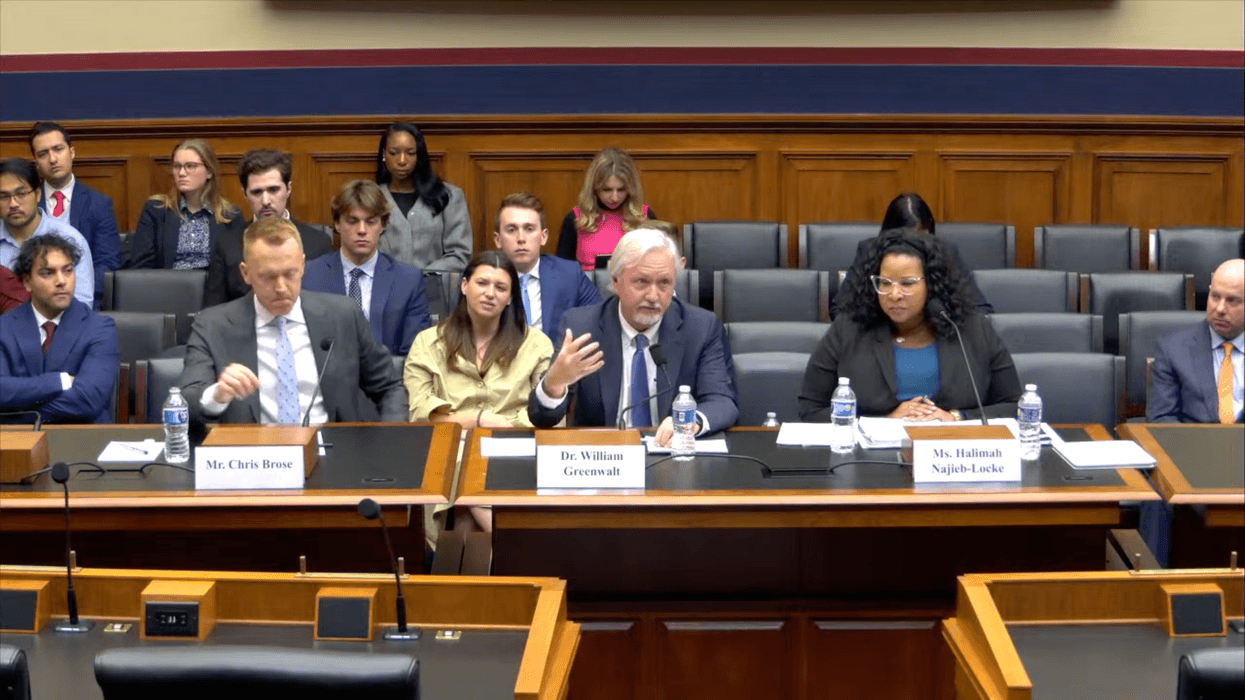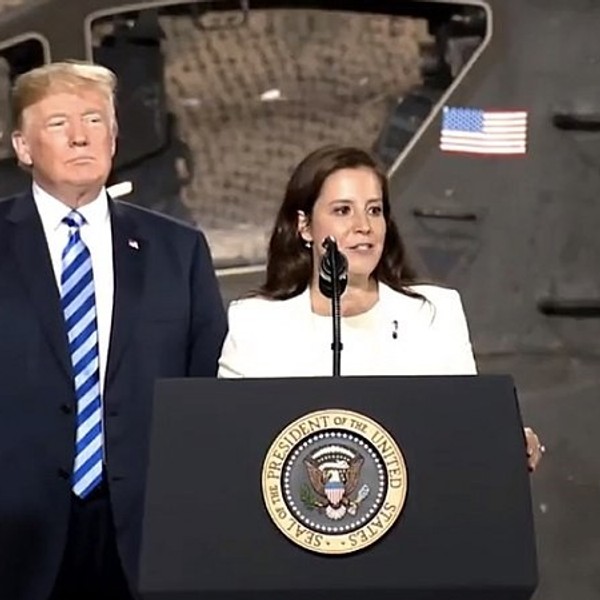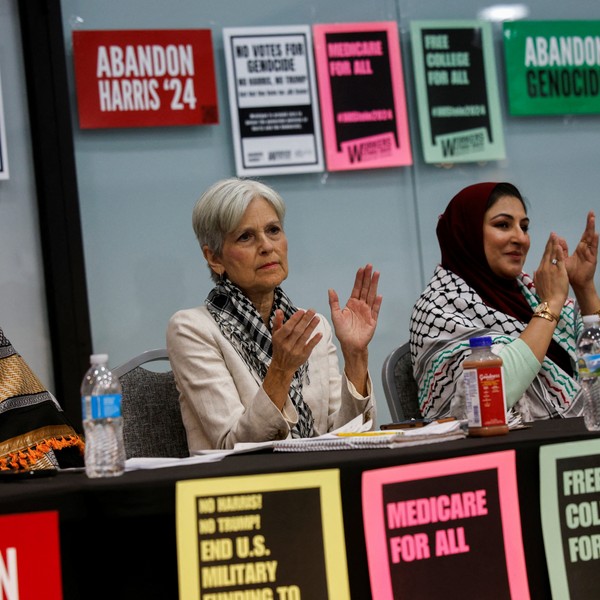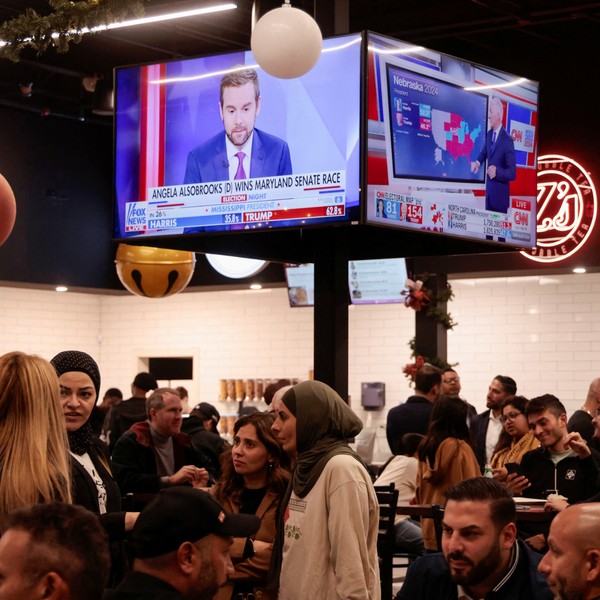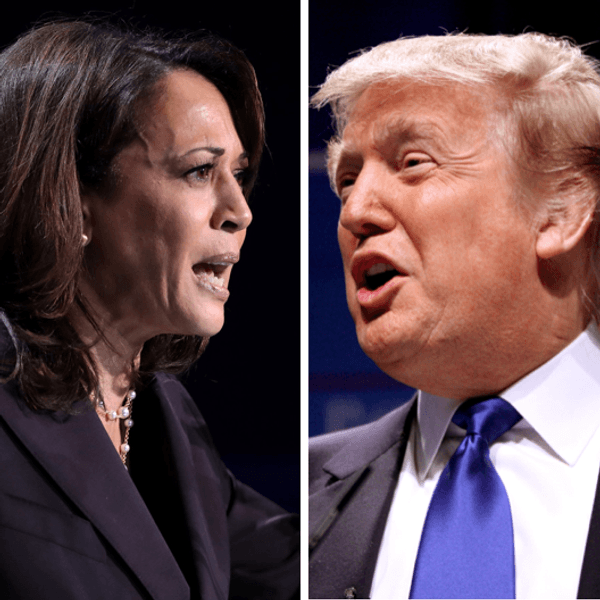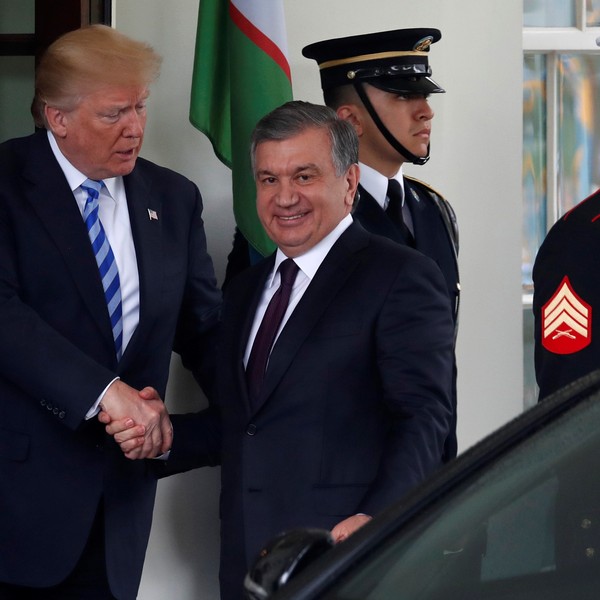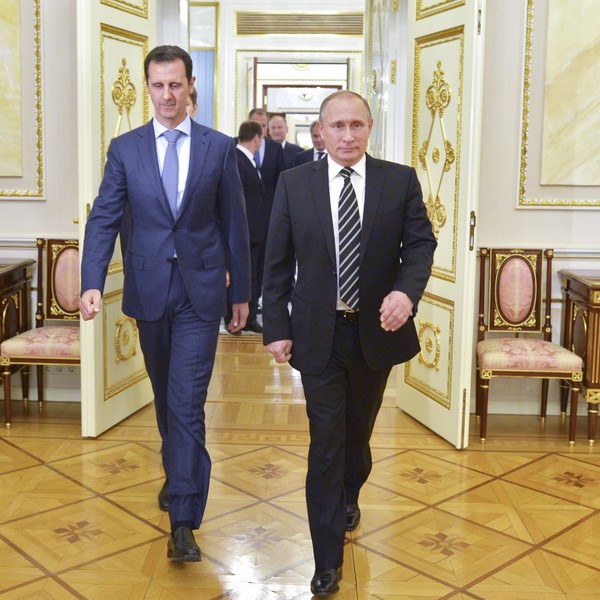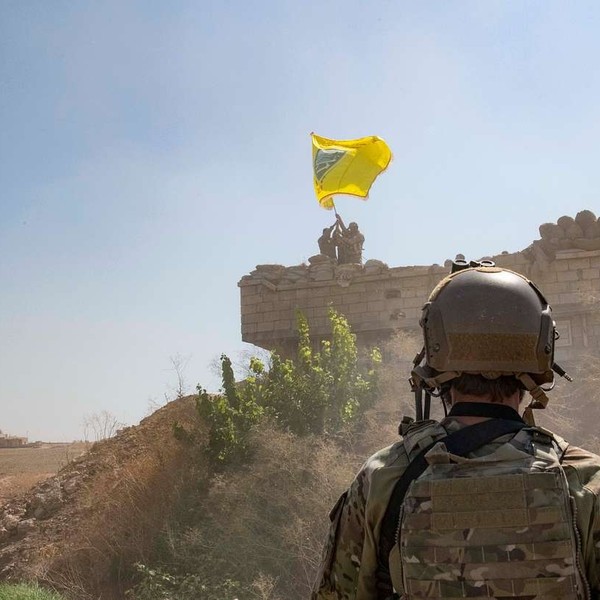This is part of our weeklong series marking the one-year anniversary of the Russian invasion of Ukraine, February 24, 2022. See all of the storieshere.
Summarizing British plans for economic warfare against Germany in World War I, Winston Churchill wrote that the objective of the blockade, as sanctions used to be called, was to “starve the whole population of Germany — men, women and children, old and young, wounded and sound — into submission.”
Germany’s defeat in 1918 convinced the victors that the strategy had succeeded and that sanctions of a similar nature could henceforth be deployed in bringing recalcitrant nations to heel at little or no cost to the sanctioneers. In fact, it is not at all clear that the blockade had indeed been the cause of German food shortages, which were morelikely brought about by the government’s mismanagement of the German agricultural economy. Such quibbles did not trouble the economic warriors of the time, nor have they since.
Confidence in the efficacy of the weapon has been unaffected by a record of unbroken failure, as evidenced in the boasts a month into the war in Ukraine of Daleep Singh, then Deputy NSC Director for International Economics, in a 60 Minutes interview titled “Economic Shock and Awe.” Polished and confident, Singh, billed as the author of the “sanctions doctrine,” assured his unquestioning interviewer that “Russia is on a fast track to a 1980s-style living standard. It’s looking into an economic abyss.” His boss, President Joe Biden, echoed this theme, claiming that the ruble would soon be “rubble.”
True to form, nothing of the kind has come to pass. The Russian currency is trading slightly higher than when Singh's prediction went on the air. Inflation is at almost the same level. Moscow shops continue to offer a full range of western consumer goods, while e-commerce trade with the outside world has actually grown by 30 percent. The IMF is projecting that the Russian economy will actually grow this year and next. Despite baroque efforts to crimp Putin’s oil export income, “Urals crude” continues to flow at levels — roughly four million barrels a day — unchanged from pre-war levels, not least through Indian, Turkish, Chinese, and Senegalese refineries, whence it moves unimpeded into European gas tanks and power plants.
Such blatant circumvention of the sanctions regime is studiously ignored by the sanctioneers, since it is necessary to ward off catastrophic energy price inflation in western economies. Efforts to at least crimp the price at which Russia sells its oil via a “price cap” mechanism appear to have had little effect: Asian refiners are reportedly paying full price. (In a less publicized example of officially endorsed sanctions evasion, Russian exports of enriched uranium, originally mined in Kazakhstan, are duly labeled “Kasakh” and continue to power U.S. reactors.)
The fundamental miscalculation underlying this apparently unforeseen failure of the economic weapon parallels the record of another instrument of coercion cherished by the U.S. over the course of the last century. Strategic bombing targeted against “critical nodes” of an opponent’s war-making apparatus has, like its economic counterpart, singularly failed to achieve its desired objectives, most recently in the “targeted killing” campaign against the Taliban’s human infrastructure.
Both strategies rest on a mechanistic view of the targeted system in which components deemed essential to its functions can be identified and destroyed. Taliban and similar insurgent operations always adapted speedily to the loss of supposedly key individuals. Just as Hitler’s Germany did to U.S. bombing of “critical” ball bearing factories, so Putin’s Russia has adapted to Singh’s confident assault.
It has become clear that he or whoever planned the sanctions strategy didn’t really understand the Russian economy very well, especially its place in the global system. Instead, U.S. strategy appears to have proceeded on the assumption that Russia, in the words of the late John McCain, was merely “a gas station masquerading as a country” as opposed to an essential source for everything from oil to grain to metals such as nickel, well able to feed itself and maintain industrial output at a high level.
Furthermore, this mode of economic warfare inflicts penalties on the perpetrator of a kind escaped by the latter’s military counterparts. Apart from the moral obloquy attendant on incinerating German and Japanese cities, or obliterating Afghan families with Hellfire missiles, the air-attack strategy incurs only the cost of a bloated arms budget and, most recently, defeat in the relevant war.
The economic war against Russia is likely to have more serious consequences for U.S. power, since it accelerates the de-dollarization of the global economy – quite certainly accelerated by the ill-considered “shock and awe” initiative in seizing $300 billion of Russia’s foreign exchange reserves lodged in Western banks. In response to this mammoth heist, China is overseeing a shift away from the dollar in energy trades, most significantly in paying for Saudi oil in renminbi, an ominous development for the U.S.
Putin has been derided for his misplaced assumption that his small invasion force could seize control of Kiev in a coup de main. Biden and his advisers thought that “shock and awe” would bring swift victory. That may have been an even more serious mistake. Meanwhile Daleep Singh himself has moved on to greener pastures as chief global economist and head of global macroeconomic research at PGIM Fixed Income, one of the world’s largest fixed income asset managers with $890 billion under management. Thus situated at a commanding height of the global economy, he will be answering to more inquisitive observers than a credulous TV interviewer.


